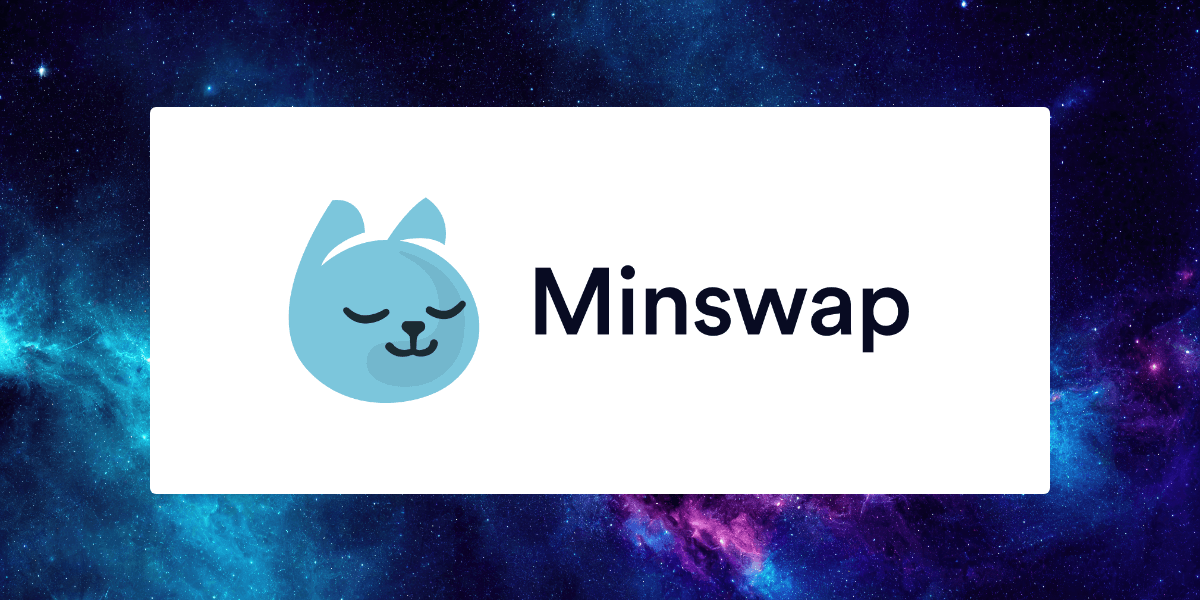-
Yield Farming
Yield farming is a decentralized finance (DeFi) practice where users lend or stake their cryptocurrency assets in liquidity pools or other DeFi protocols to earn rewards, typically in the form of additional cryptocurrency tokens. The primary goal of yield farming is to maximize returns on crypto holdings by utilizing various DeFi platforms. How Yield Farming…
-
Decentralized Exchange (DEX)
A Decentralized Exchange (DEX) is a type of cryptocurrency exchange that allows users to trade digital assets directly with one another without the need for an intermediary, such as a centralized exchange or a third-party custodian. Instead, DEXs operate through smart contracts on a blockchain, enabling peer-to-peer transactions in a secure and transparent manner. Key…
-
Liquidity pools
Liquidity pools are collections of cryptocurrency tokens that are locked in smart contracts and used to facilitate trading on decentralized exchanges (DEXs) like those powered by automated market makers (AMMs). These pools provide the liquidity necessary for users to trade cryptocurrencies without relying on traditional order books and intermediaries, as seen on centralized exchanges. Key…
-
Automated Market Maker (AMM)
An Automated Market Maker (AMM) is a type of decentralized exchange (DEX) mechanism that allows users to trade cryptocurrencies without the need for a traditional order book and intermediaries. Instead of matching buyers and sellers like on traditional exchanges, an AMM uses a mathematical formula and liquidity pools to facilitate trades directly between users and…
-

Minswap
Minswap is a decentralized exchange (DEX) built on the Cardano blockchain. It allows users to trade cryptocurrencies and tokens in a decentralized manner, meaning that trades are executed via smart contracts without the need for a centralized intermediary. Minswap operates as an automated market maker (AMM), a type of DEX where trades are facilitated by…
-
Decentralized Finance (DeFi)
Decentralized Finance (DeFi) refers to a financial system built on blockchain technology that operates without intermediaries such as banks, brokerages, or exchanges. Instead, DeFi relies on smart contracts, which are self-executing agreements with terms written into code, allowing users to engage in various financial activities directly with one another. Key Features of DeFi: Example of…
-
Is each project on cardano a separate company?
No, not every project on Cardano is a separate company. Projects on Cardano can take various forms, including: While some of the larger and more structured projects may be run by established companies, many are not separate legal entities but rather decentralized efforts or collaborations within the Cardano ecosystem.
-
What are the types of forks in blockchain technology?
In blockchain technology, a fork refers to a change in the protocol or the software governing the blockchain, creating a divergence in the chain. Forks can happen either intentionally to upgrade the network or unintentionally due to competing versions of the blockchain. The main types of forks are: 1. Hard Fork A hard fork is…
-
Mempool
A mempool (short for memory pool) is a temporary storage area where pending transactions are held before they are included in a block and confirmed on the blockchain. When a user initiates a transaction, it is broadcast to the network and first goes into the mempool of participating nodes. Here’s how a mempool works: In…
-
In blockchain, each block has a header and a body. Generally speaking, what’s part of the header?
In a blockchain, the header of each block contains metadata that provides essential information about the block and its relationship to the rest of the blockchain. Typically, the header includes the following key components: These elements are crucial for the security, consistency, and functionality of the blockchain, ensuring that each block is linked to its…
